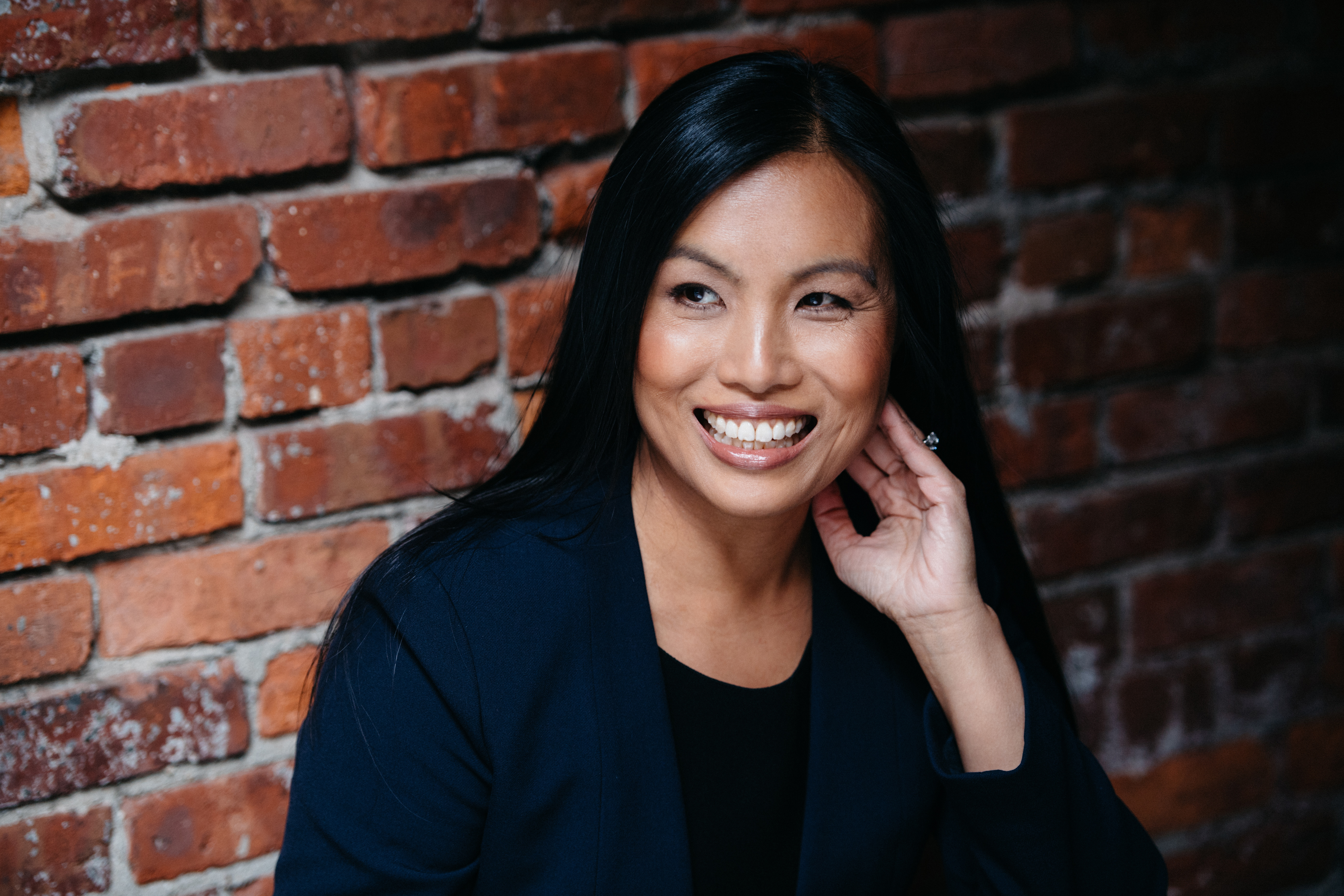Getting to a point in your career where you are navigating your way into or among the executive ranks of a company requires not only skill and hard work, but a great deal of thought and intention every step of the way. At Tenshey, a question I often get asked when speaking with executives, mostly female, who have reached a crossroads in their career is, “What now? I’ve come this far but how do I cross the threshold into the c-suite or transition from one executive role to another?”
These are common questions many people ask that require a balance of personal reflection and preparation. Here are some tips to consider when interviewing for your next executive position:
1. Identify your values and find a job that aligns with them. People who reach the executive level tend to naturally be problem solvers and, thus, can easily get excited by a specific job (a big challenge), versus looking at their life as a whole. To overcome this, identify your top three non-negotiables. What are the three must-haves that incorporate your values? These could be a mission, location, a more flexible work environment, more civic-minded responsibilities, and so on. For example, one executive has said to me that she wanted a job that would give her the flexibility to attend her son’s soccer games during the week. Another executive was looking to work for a company that has a mission to create a better world. Putting the time in and really understanding what your values and non-negotiables are will put you on a more direct path towards reaching your Career Northstar or focusing your priorities on what truly matter to you. I often suggest writing them down on a post-it note and putting it somewhere visible so it serves as a regular reminder.

What was important to Baby Boomers may be drastically different than what is important to today’s Millennial and Generation X workforce, in large part due to life stages, and cultural and environmental differences. Baby Boomers entered the workforce with the understanding that hard work and loyalty would lead to promotions, raises and job security. Those days are over. Job turn-over is higher than ever. Millennials move from job to job every couple to few years for many reasons including the volatile economy, unpredictability surrounding start-ups, and the expectation that a jump will lead to a bigger salary bump. Instead, what they value is job fulfillment, work/life integration and the ability to make an impact in the world. As Leigh Buchanon writes in Meet the Millennials, “almost 70 percent say that giving back and being civically engaged are their highest priorities.”
2. Interviewing is a skill that requires practice. Look beyond just one job and consider others that align with your value system and what you hope to accomplish both personally and professionally. More job possibilities lead to more interviews, which are an invaluable opportunity for fine-tuning your storytelling skills. The same can be said for your conversations with executive recruiters and internal HR. Use the time wisely. Learn to anticipate the types of questions that will be asked, fine-tune your answers and nail a winning pitch that is uniquely you. The more you engage in this exercise and practice delivering “your” story, the more confidence you’ll have and the better you know what you’re looking for.
3. Know your audience and remember this is a two-way process. When interviewing for an executive position, particularly at the C-level, the process is lengthy, and you’ll interview with many people. When doing so, it’s important to understand the role that each of these people play in the decision-making process so you can tailor your conversations to each. It’s equally important to understand how, if offered the job, you would collaborate with each of these people and enable them in your position. Do your homework and go into each interview with a deep understand of the role they play within the company. This will allow you to conduct a productive two-way conversation that is mutually beneficial to you both. Keep in mind that while they are interviewing you for a job, you are also interviewing them about whether their company is a good fit for you culturally. Could you thrive in that environment or would you need to make adjustments? Knowing these answers ahead of time will empower you throughout this process.
There are many moments and pieces of advice I would attribute to helping me reach the c-suite but intention is by and large one of the most powerful. Developing a roadmap early on will allow you to achieve a greater sense of fulfillment throughout your career and enable you to be a more effective leader.
For tips on how to negotiate your next compensation package, click here.


